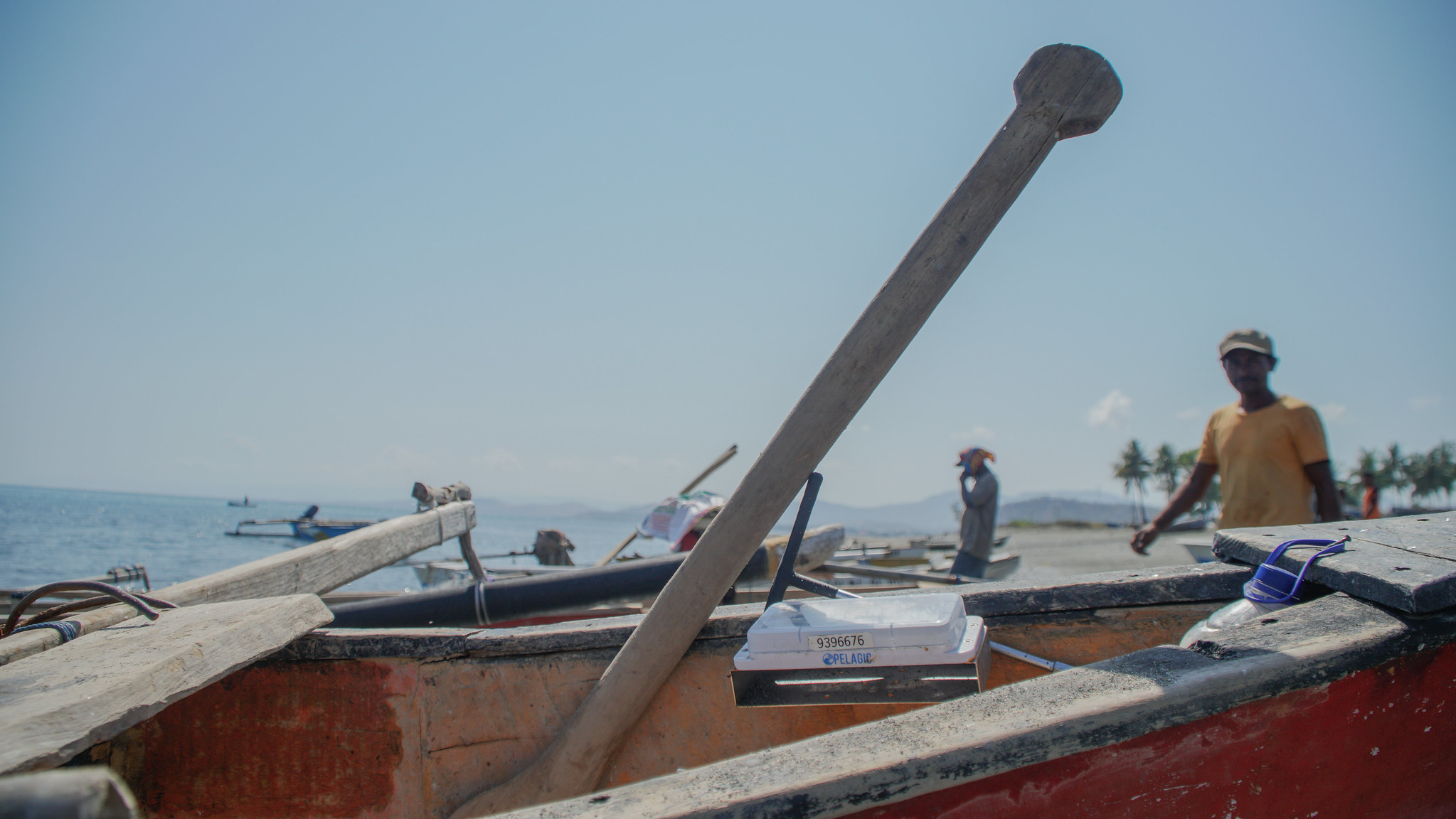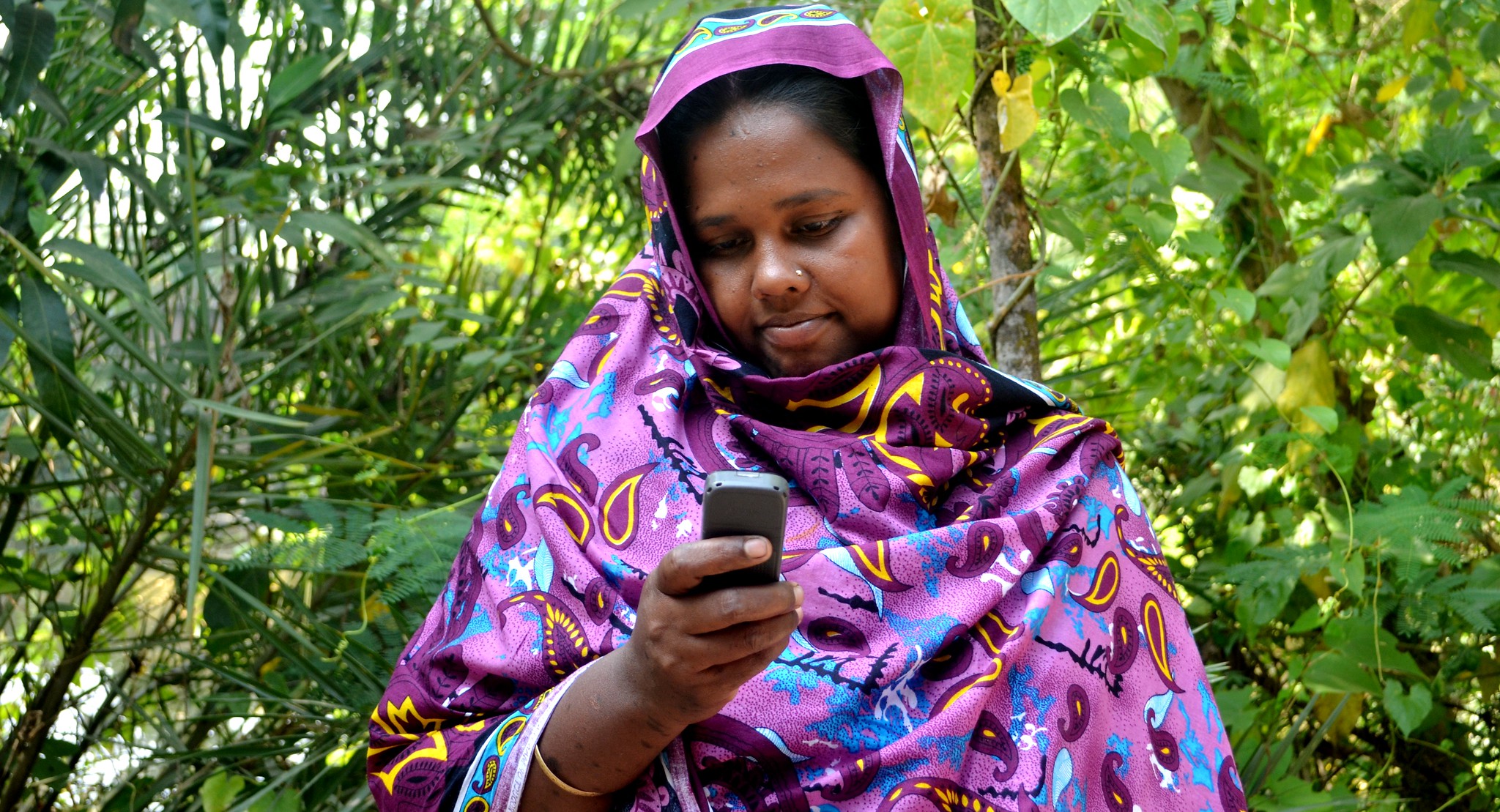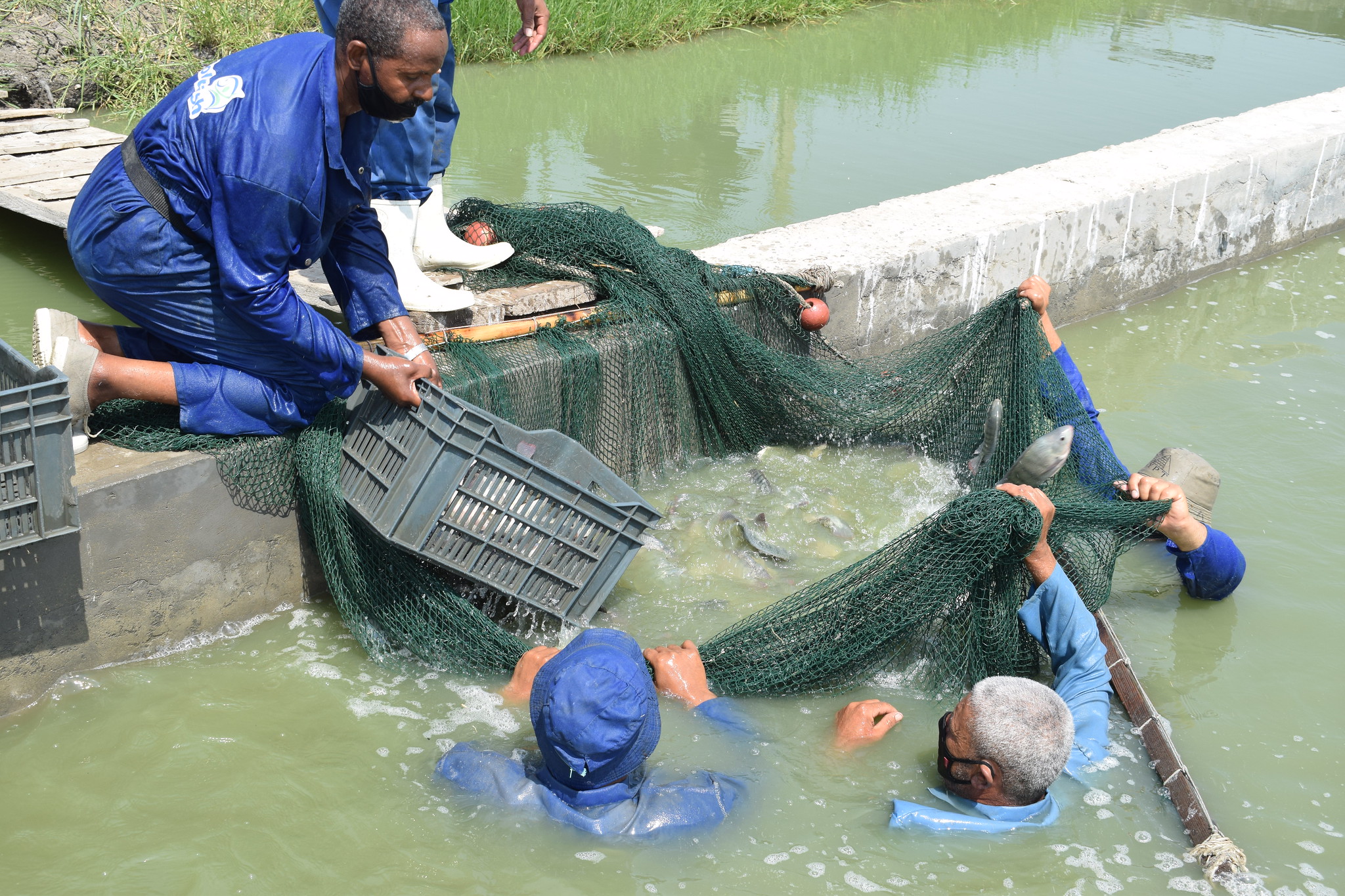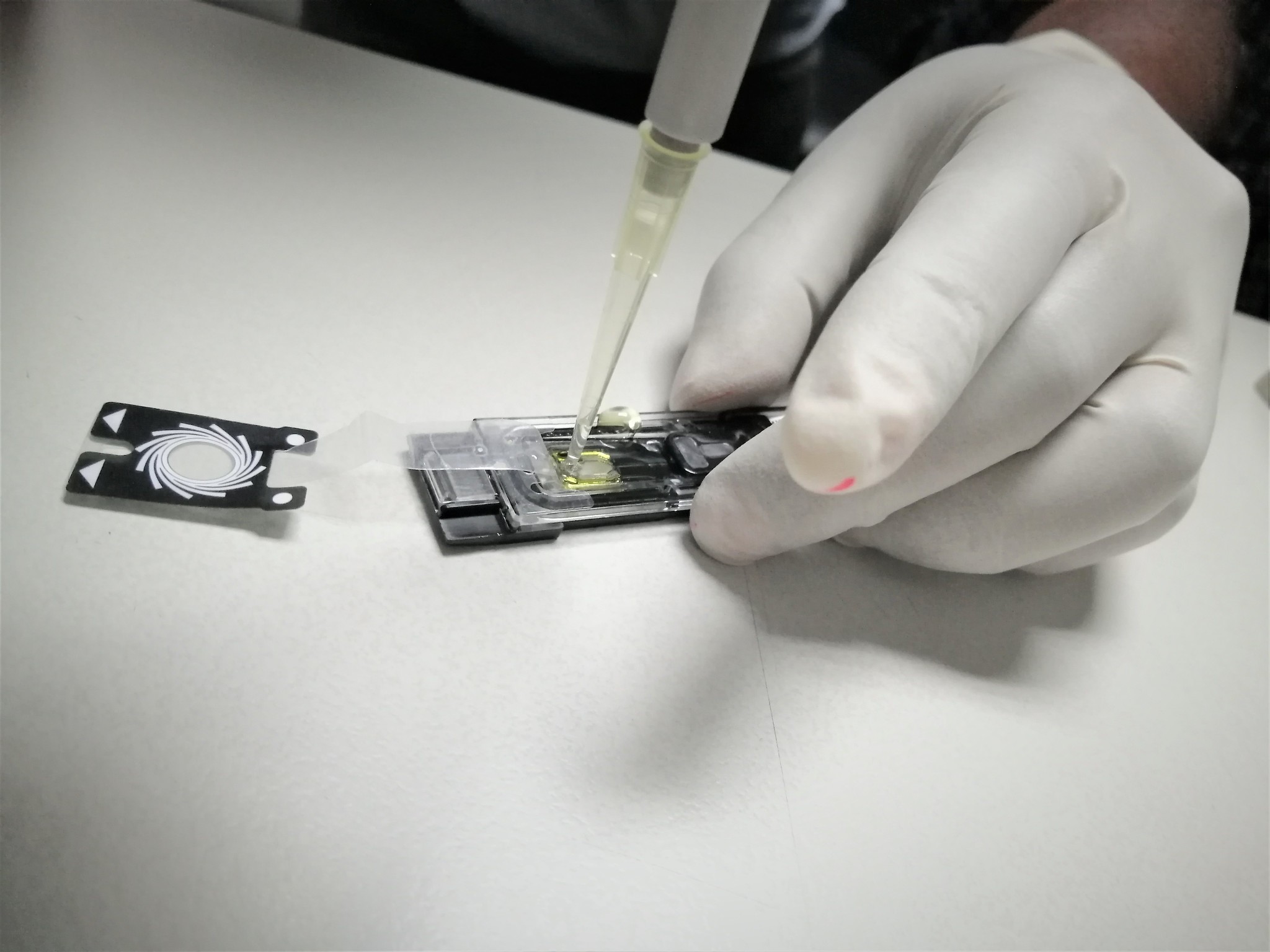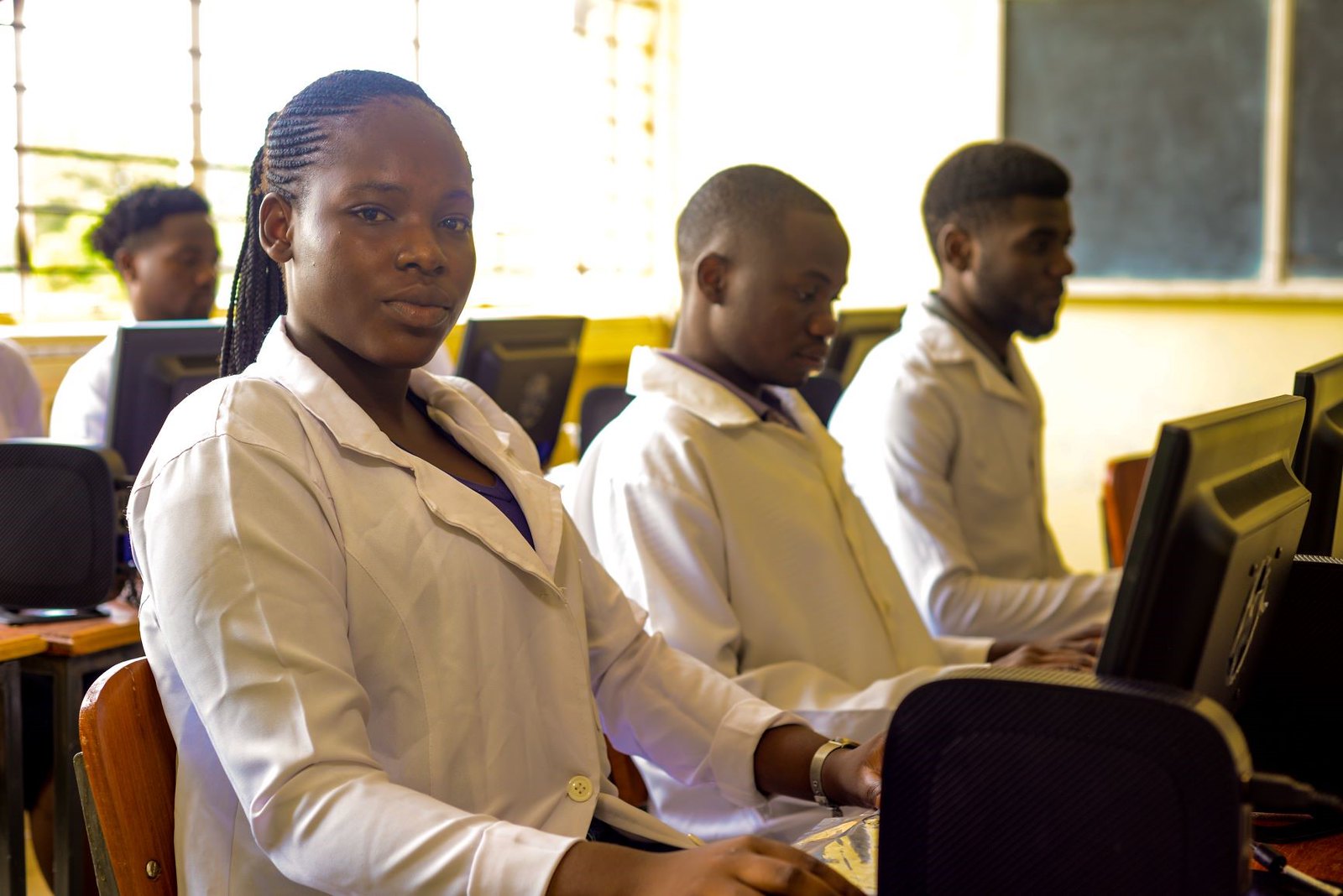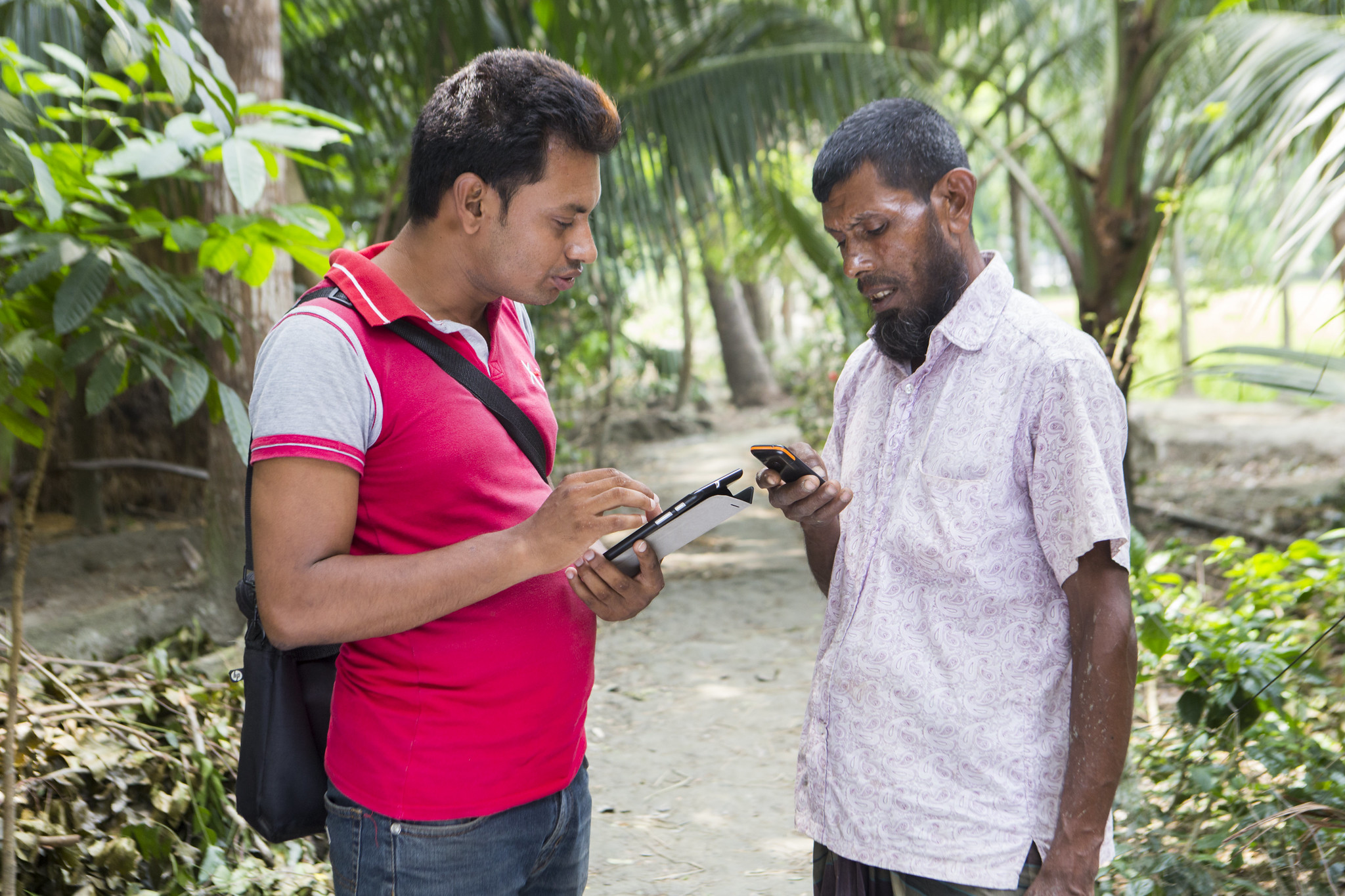Digital Innovations: Enabling Data-Driven Policies and Practices
Feeding and nourishing 9.8 billion people by 2050 is a major global challenge, made even more daunting by the effects of climate change on our food systems. Digital innovations can fuel a revolution by empowering all actors in food systems—from policy-makers to farmers and sellers—with valuable data and insights for policy-making, faster and more dynamic transactions along value chains, and a greater adaptive capacity among fishers and fish farmers to market and climate shocks.
Digital innovations can be truly transformative if they address systemic barriers to equal access faced by low-income and marginalized groups and are especially mindful of small-scale actors in the value chain.
However, aquatic food systems are particularly challenged with pervasive data gaps that limit countries from reaping its many benefits at scale.
WorldFish, in partnership with governments, businesses, and research institutions, has been developing and testing such digital tools and innovations for aquatic food systems, which are at various stages of implementation, transforming our understanding of how we can accelerate their positive and inclusive impact.
